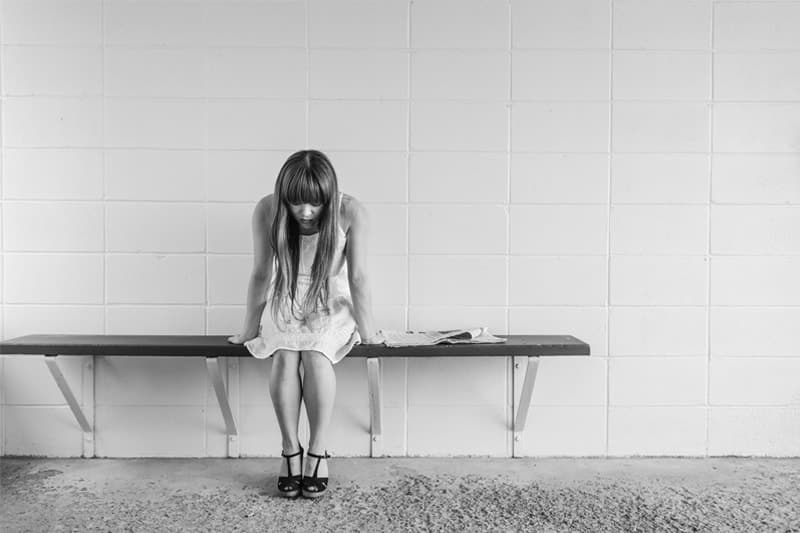Today, as I write this article, the date is Monday December 17, 2012. Three days ago twenty children were murdered in yet another school shooting – perhaps the most disturbing one yet as this time the shooter targeted a primary school. Events like these seem to be becoming more frequent, and thanks to the role of media including news, facebook, twitter, etc., these events are extremely accessible within moments of taking place. I learned of this particular event while at a training, the news was released and those of us at the conference centre watched the events unfold in front of us on muted TV’s in a hotel lobby during breaks. Watching parents racing to the school, the angst on their faces waiting to learn whether their child would be returning home with them safely, the fear and panic palpable. During the days following, the media has been saturated with stories from those who lost children to the violence, updates regarding the status of the investigation, and lessons on heroics as demonstrated by various teachers and staff. Discussions have been happening on every forum regarding gun control measures, the role of mental health issues, and questions regarding how the US will respond to ongoing school violence.
Once upon a time, events like these were localised, felt intensely by the community within which the event occured but rarely reaching outside of this. But we are in a different period in history, a period where we are all connected by high speed internet and have the ability to feel grief for people and situations we are far away from. We also have the ability to experience a form of trauma, called Vicarious Traumatization, from our exposure to the traumas of others. We see heart wrenching images and hear stories, and we feel a deep sense of empathy. We put ourselves in their shoes and wonder how they will get through it. We often create an attachment to the event, wanting to know more about what is happening and keeping up with ongoing reports. I find that following events like these, my clients often find themselves somehow tied to the events – to the pain and suffering of the faces they see on TV. I find that many of my conversations end up winding their way to the topic of “what happened” and a universal desire to make sense of it. Questions of an existential nature: why do bad things happen? how can someone do something like this? why is the world so unsafe?
To be completely honest, I wish I had the answers. I wish I could explain why things like this happen – that I could make sense of it all in some concise way. And yet, these are the same questions I wrestle with. I think we hope for an answer because it would somehow be more comfortable that way – perhaps more predictable. Meanwhile, I think that it is this process of wrestling that perhaps holds value for us. How do we interpret events? How do we make sense of the things that happen around us, whether positive or negative? What meaning do we feel suffering has? What about happiness? What will we do with it: be overcome by it, hope it will go away, learn from it, make something positive come from it…? The answers to these questions reveal something about us, about the way in which we interact with the world and the way in which we allow the world to impact and change us. It may also reveal that the way we interact and the way we are impacted may not be what we want it to be – it may force us to confront ourselves and explore how we would like it to be. These questions may require that we consider how to grow.change.live.thrive. in a way we feel good about, especially in light of events like these that remind us, if nothing else, that life is short and we need to make the most of it.

